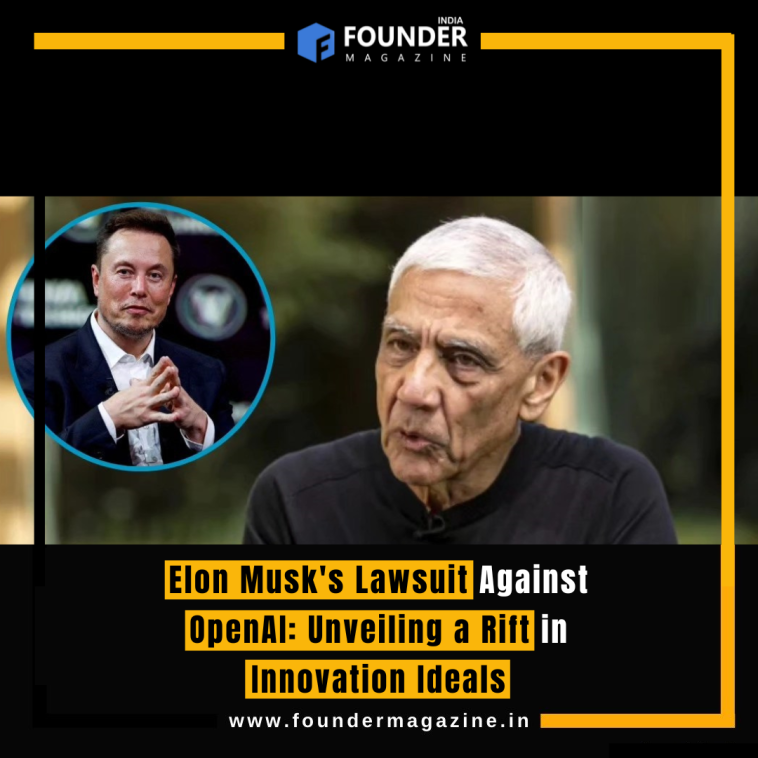Elon Musk, the visionary entrepreneur known for his ventures in space exploration and electric vehicles, has recently made headlines with a lawsuit against OpenAI and its CEO Sam Altman. Musk alleges a breach of founding promise, claiming that OpenAI, initially envisioned as a non-profit humanitarian organization, has shifted its focus towards profits. The lawsuit, filed in California Superior Court, sheds light on a conflict surrounding the core principles and direction of one of the most influential AI research entities.
At the heart of Musk’s lawsuit is the assertion that OpenAI was conceived as a free-for-all non-profit AI research company, dedicated to advancing the field for the greater good of humanity. Musk, along with co-founders Sam Altman and Greg Brockman, initially envisioned OpenAI as a beacon of innovation and collaboration, untethered by profit motives. However, according to Musk, the organization has deviated from its original mission, prioritizing financial gains over altruistic pursuits.
The lawsuit has sparked a public debate, with Indian-origin billionaire venture capitalist Vinod Khosla weighing in with his perspective. Khosla, who owns 5% shares in OpenAI as an early 2019 investor, accused Musk of harboring envy towards OpenAI. In a Twitter post, Khosla suggested that Musk’s lawsuit stems from a sense of “sour grapes” due to his perceived exclusion from OpenAI’s early stages and subsequent divergence in goals. Khosla’s remarks highlight the underlying tension between Musk’s vision of innovation and the evolving landscape of AI research and development.
Musk’s decision to litigate against OpenAI reflects a broader struggle within the tech industry, where the pursuit of innovation often intersects with commercial interests. As AI technologies continue to advance rapidly, questions surrounding ethics, governance, and accountability become increasingly pertinent. Musk’s lawsuit serves as a poignant reminder of the complex dynamics at play in shaping the future of AI and its impact on society.
In response to Khosla’s comments, Musk adopted a meekly dismissive stance, downplaying the significance of his lawsuit and reaffirming his commitment to advancing AI technology. However, beneath the surface, the exchange between Musk and Khosla underscores deeper tensions within the tech community regarding the proper stewardship of AI research and its implications for humanity.
The rift between Musk and OpenAI highlights the inherent challenges of navigating the intersection of technology, ethics, and business interests. While Musk’s concerns may stem from a genuine desire to uphold the original ideals of OpenAI, the lawsuit raises broader questions about the role of profit-driven incentives in shaping the trajectory of AI development.
As the legal battle between Musk and OpenAI unfolds, it serves as a cautionary tale for the broader tech industry, prompting reflection on the importance of maintaining ethical integrity and societal responsibility in the pursuit of technological innovation. Ultimately, the resolution of this dispute will shape not only the future of OpenAI but also the broader discourse surrounding the ethical governance of AI and its implications for humanity’s collective future.


